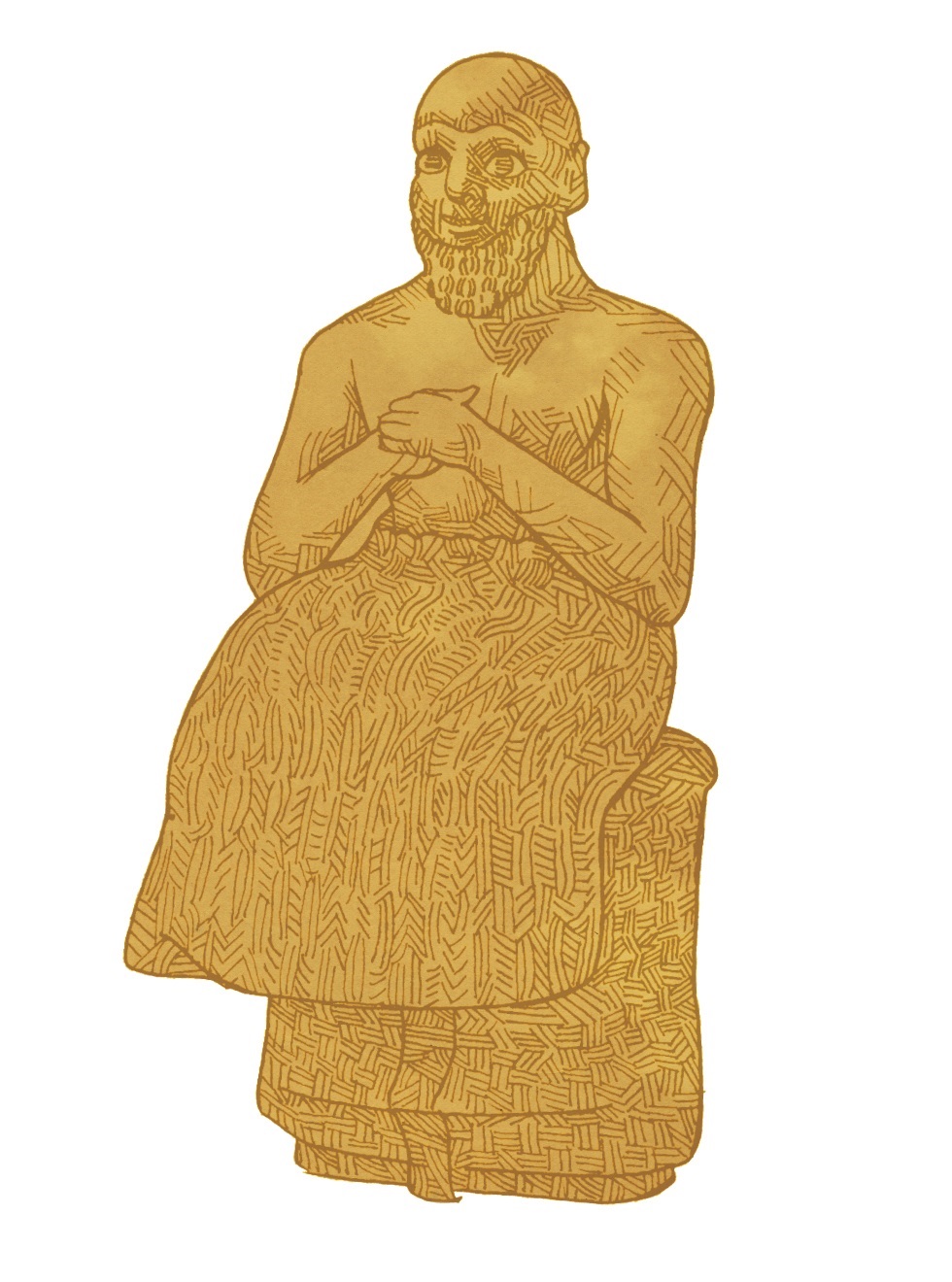Anti-Jewish Interpretations of Psalm 1 in Luther and in Modern German Protestantism
DOI:
https://doi.org/10.5508/jhs.1998.v2.a2Abstract
This article presents a detailed analysis of the different forms of anti-Jewish interpretations of Psalm 1 by M. Luther and in Modern German Protestantism (as exemplified by W. M. L de Wette, E. W. Hengstenberg, H. Hupfeld, B. Duhm, R. Kittel, H. Gunkel, A. Weiser, and H. -J. Kraus). These commentaries reviewed fall into three models of interpretation. The first model is marked by positive interpretation and Christian appropriation. In this model the Jews are deemed incapable of attaining the theological level of the Psalm, because—and reducing what these interpreters say to its essence—the Jews in their strict adherence to nomism cut themselves off from the Christian truth. The second model is that of religio-historical degeneration. The distinguishing feature of this model is that the Psalm is seen as the product of a “decayed post-prophetic Judaism.” The third model is that of religio-historical progression. In contrast with the Hebrew-Jewish level of religious development, which is characterized as external and superficial, Christian religiousness is seen as more spiritual, more inward, and thus it is considered higher on the religious scale. If one were to look for a common basis of the anti-Jewish statements of these exegetes, a decisive factor, in my opinion, is Christology, more specifically, the Reformation’s justification-Christology with its exclusivist, anti-Jewish configuration.Downloads
Published
1999-12-31
How to Cite
Bauer, U. F. W. (1999). Anti-Jewish Interpretations of Psalm 1 in Luther and in Modern German Protestantism. The Journal of Hebrew Scriptures, 2. https://doi.org/10.5508/jhs.1998.v2.a2
Issue
Section
Articles

 Statue of Ebih-Il, drawing by Simeon Goa, © Journal of Hebrew Scriptures
Statue of Ebih-Il, drawing by Simeon Goa, © Journal of Hebrew Scriptures
